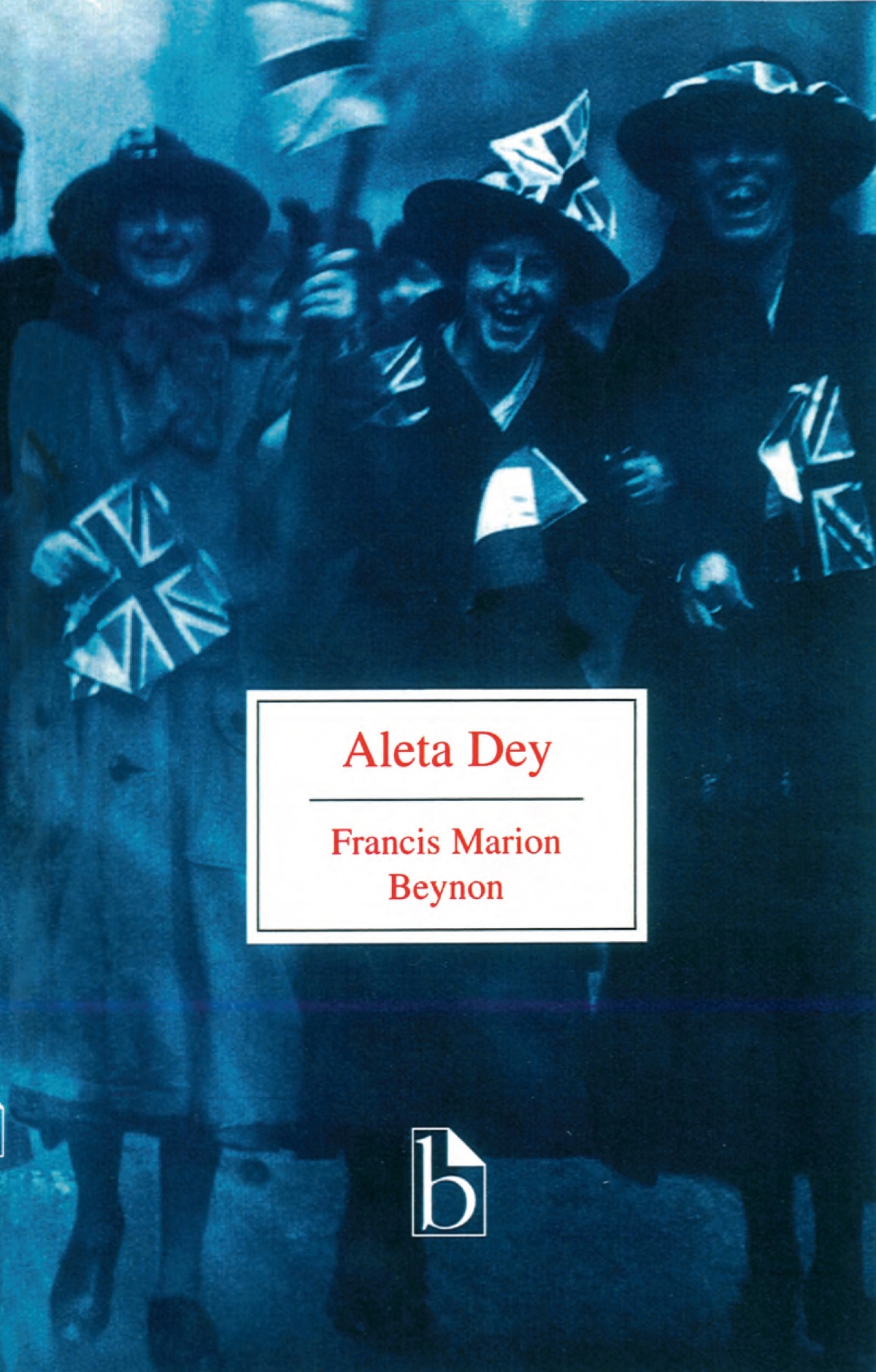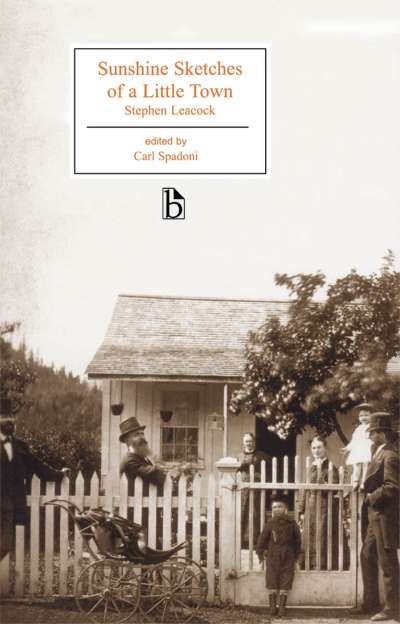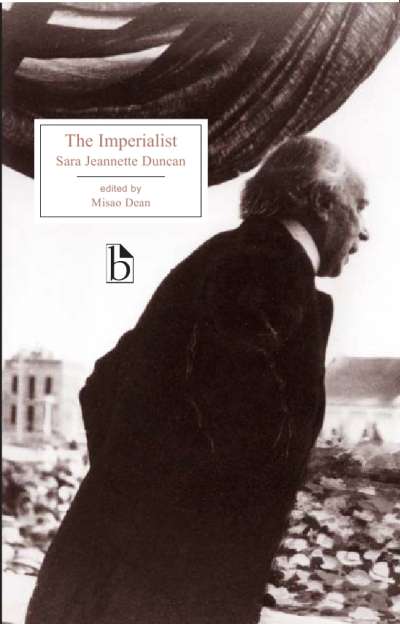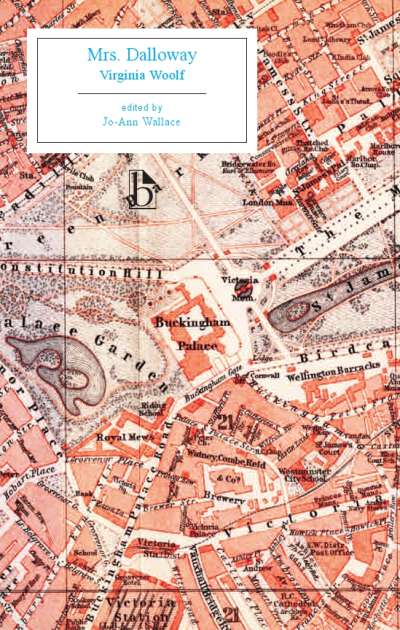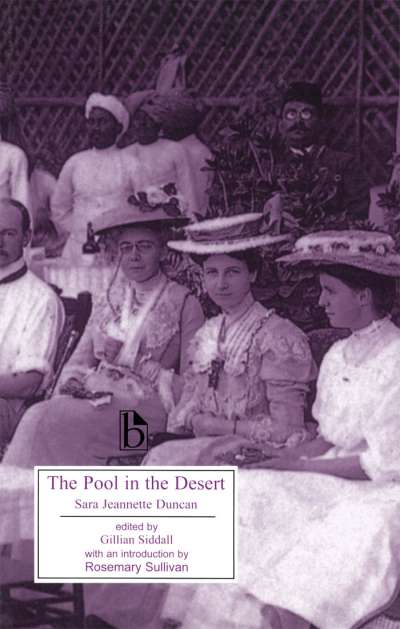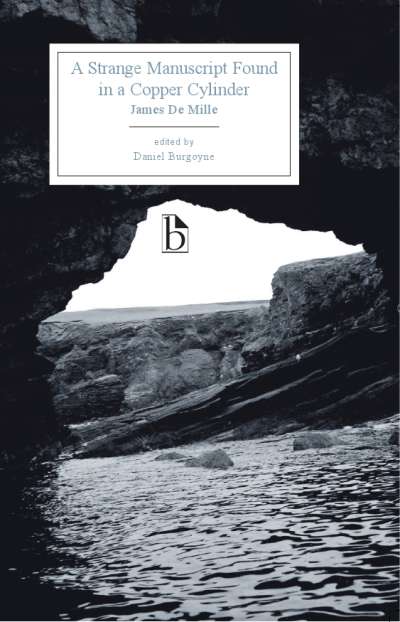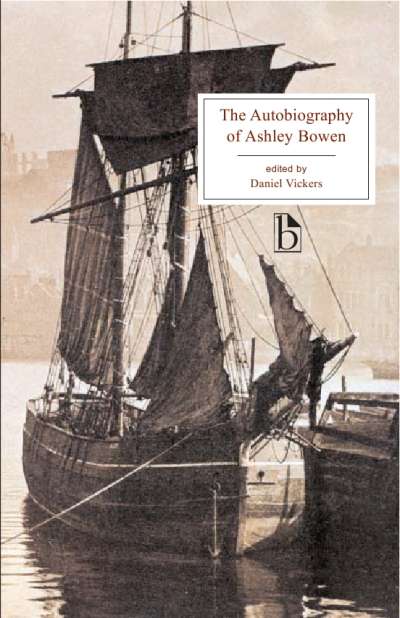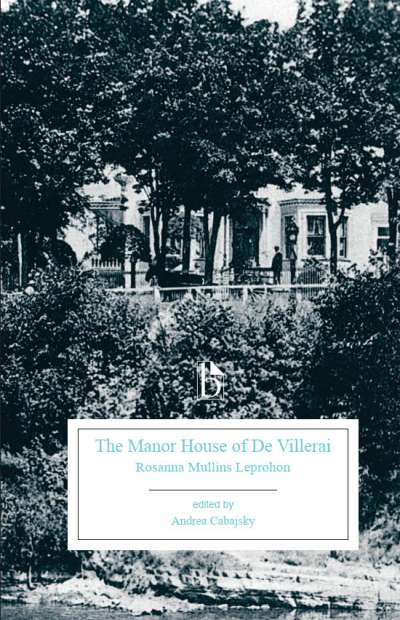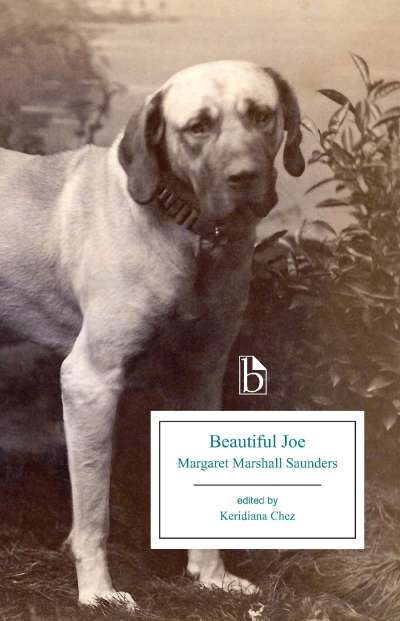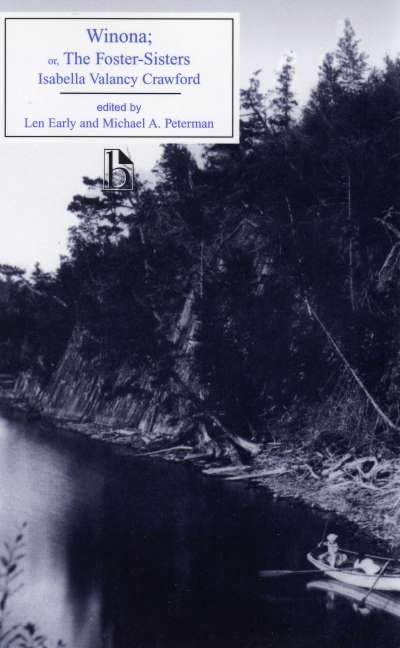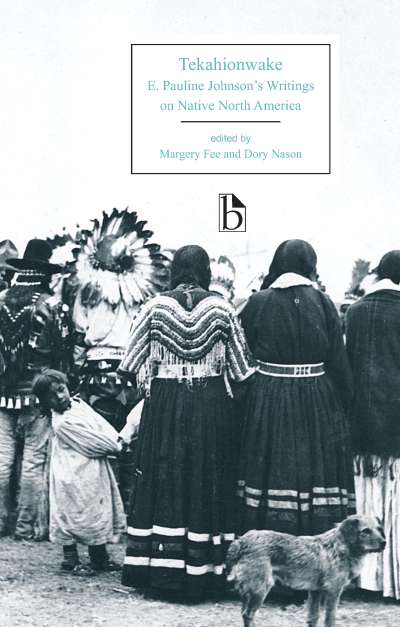Francis Marion Beynon’s autobiographical novel Aleta Dey is increasingly recognised as a small classic of early twentieth-century fiction. Beynon was a journalist and feminist much involved in public affairs in early twentieth-century Manitoba. In 1917, aged 33, she was forced to leave her job as a result of her open pacifism, and she soon moved to New York where she dropped out of the public eye. Aleta Dey, first published in 1919, tells in plain and affecting prose the story of a girl growing up in Manitoba, becoming politically conscious, and falling in love with McNair, a man of much more conventional views. The First World War brings a crisis for them both after McNair enlists as a soldier.
Though Beynon was a Canadian, her spare, emotionally open prose may have less in common with that of other Canadian writers of the time than it does with the style of contemporaneous western American women writers such as Willa Cather and Laura Ingalls Wilder. Like Cather’s My Antonia, Beynon’s Aleta Dey resonates with prairie simplicity, passion, and strength.

